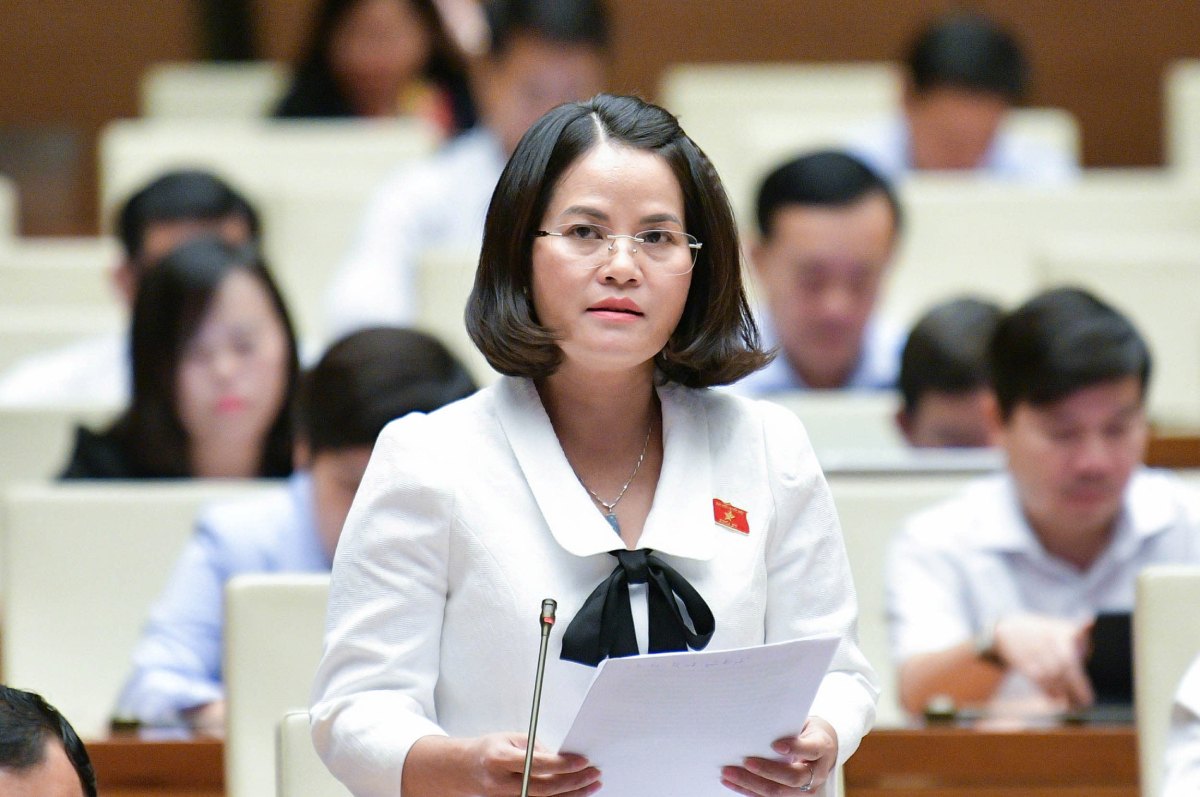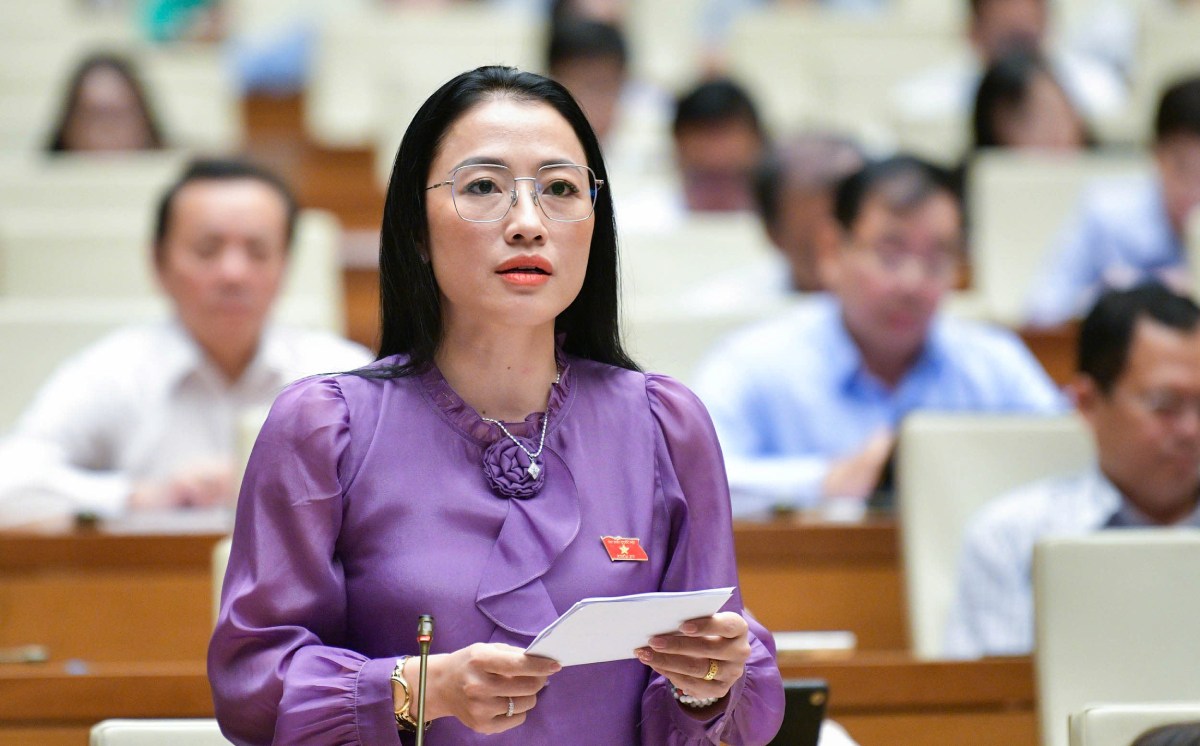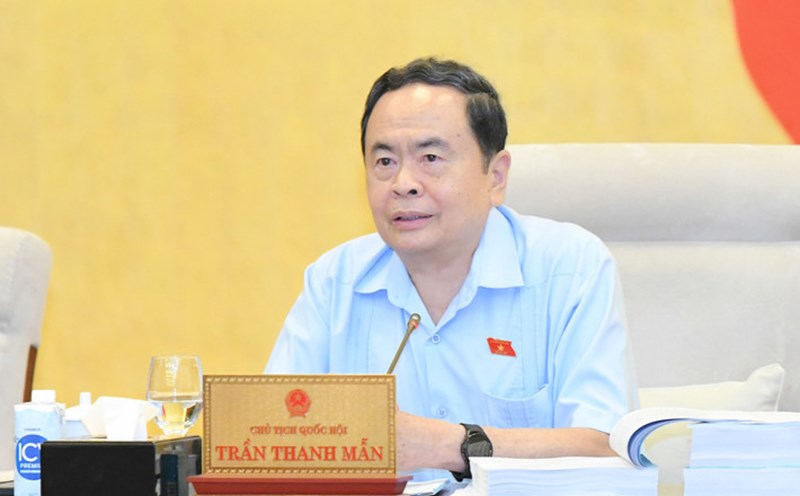This afternoon (October 31), the National Assembly discussed the draft Law amending and supplementing a number of articles of the Law on Health Insurance (HI).
Speaking, delegate Nguyen Hoang Bao Tran (National Assembly Delegation of Binh Duong province) said that currently, according to the provisions of the Law on Health Insurance, the registration of initial medical examination and treatment facilities is based on administrative boundaries.
In some special cases such as rare diseases and serious illnesses, people are not allowed to go to higher-level hospitals for examination and treatment, while lower-level hospitals do not have enough professional capacity to treat them and must be transferred.
Some chronic diseases have not been brought to the grassroots health care system for management and medication by higher levels, thereby limiting the rights of health insurance participants and unnecessarily complicating procedures.
The initial regulations on medical examination and treatment registration are still heavily administrative, making it inconvenient for patients to go to other facilities at the same or lower levels, affecting the rights of patients.

According to delegates, the procedures for transferring routes and issuing referral papers sometimes cause inconvenience to patients, and in some cases, negative situations arise, causing frustration for patients.
From January 1, 2016, the medical examination and treatment network will be connected between commune health stations, general clinics and district hospitals; from January 1, 2021, the network will be connected to provinces nationwide for inpatient medical examination and treatment.
This route connection causes some problems related to routes, crossing routes, and transferring routes, leading to overload for upper routes and reducing the rate of initial medical examination and treatment at grassroots health facilities.
The 2023 Law on Medical Examination and Treatment stipulates 3 levels of technical expertise (including initial medical examination and treatment, basic medical examination and treatment, and high-tech specialized medical examination and treatment) instead of technical expertise and hospital class, leading to the regulation on calculating medical examination and treatment service prices based on technical expertise/hospital class no longer being effective.
Meanwhile, delegate Tran Khanh Thu (National Assembly Delegation of Thai Binh province) said that the nature of the regulation on referral has important and necessary significance in handling medical examination and treatment for people.
In addition to providing administrative information, the referral form also provides medical conditions, treatment history, etc., helping the receiving facility have timely information about the patient for quick and convenient reception, care, and treatment.

The delegates proposed to maintain the scope of benefits as the current roadmap for health insurance, but to adjust and supplement the regulations assigning the Minister of Health to issue the definition of rare diseases and the list of serious diseases and rare diseases that can use a one-time referral paper for the entire treatment process, not for a limited period of time within the fiscal year as is currently the case.
Strengthen regulations to thoroughly resolve pressing issues in the process of issuing referral papers.
For example, a patient diagnosed with cancer at the K Hospital will continue to be treated until the end of the treatment regimen, without having to ask the patient to return to request a referral, or a patient who has an accident and is brought to the hospital will be immediately admitted, processed, and treated.











